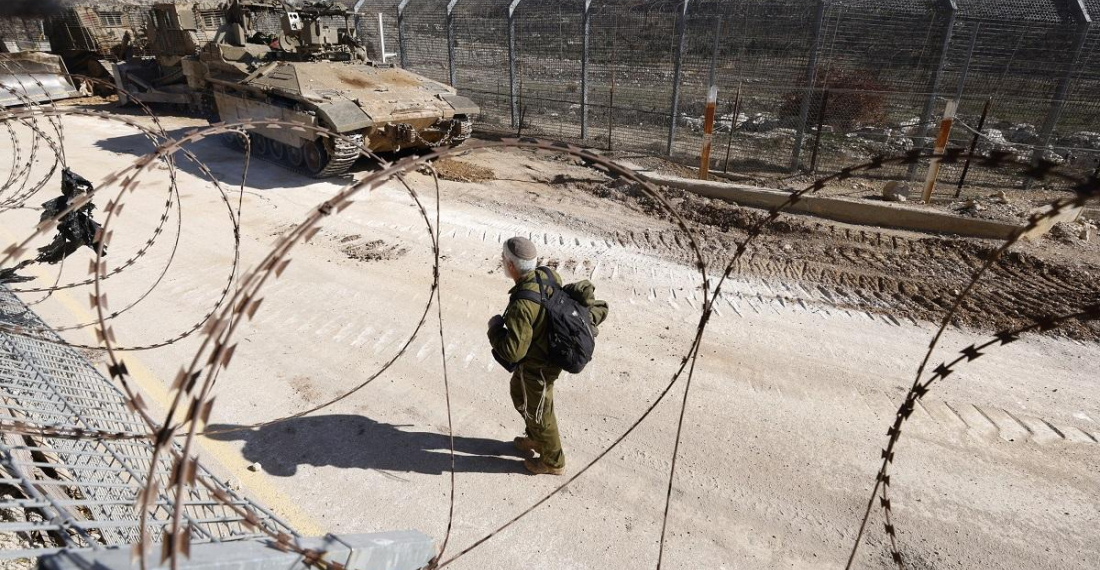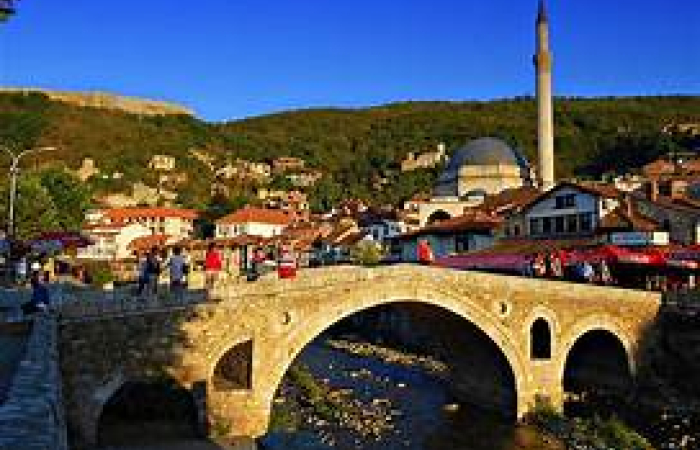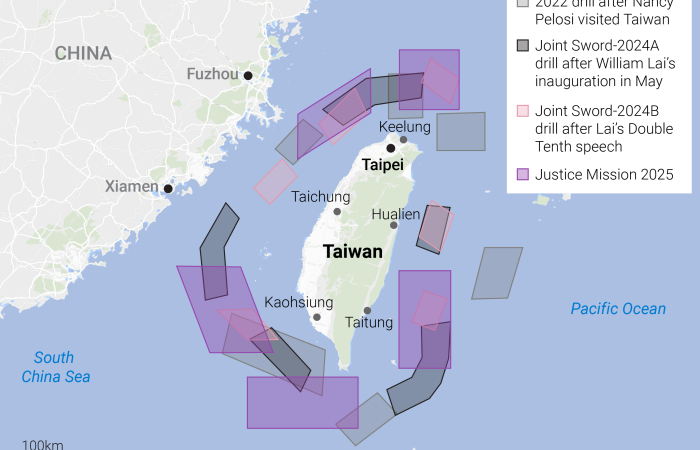Israel and Syria are in direct contact and have in recent weeks held face-to-face meetings aimed at calming tensions and preventing conflict in the border region between the two longtime foes, according to an exclusive Reuters report. The contacts mark a significant development in ties between states that have been on opposite sides of conflict in the Middle East for decades, as the U.S. encourages the new Islamist rulers in Damascus to establish relations with Israel and Israel eases its bombardment of Syria.
They also build on back-channel talks via intermediaries since Islamist rebels Hayat Tahrir al-Sham toppled Syrian strongman Bashar al-Assad in December, said two Syrian and two Western sources quoted by Reuters, as well as a regional intelligence source familiar with the matter.
The sources spoke on condition of anonymity because of the sensitivity of the subject for two nations with no official ties and a history of enmity. The direct talks and their scope have not been previously reported.
On the Syrian side, the sources said contacts have been led by senior security official Ahmad al-Dalati, who was appointed governor of the province of Quneitra, which borders the Israeli-occupied Golan Heights, after the fall of Assad. Earlier this week, Dalati was also put in charge of security in the southern province of Sweida, home to Syria's Druze minority. Reuters could not determine who participated on Israel's side, though two of the sources said they were security officials.
Three of the sources said there had been several rounds of in-person meetings in the border region, including in territory controlled by Israel. Israel's foreign ministry and Syrian officials did not immediately respond to requests for comment.
Earlier this month, Syrian interim president Ahmed al-Sharaa confirmed indirect talks with Israel that he said were aimed at calming tensions, a striking admission that followed a report that the UAE was mediating such talks.
Israel has occupied the Syrian Golan Heights since the 1967 Arab-Israeli war and took more territory in the aftermath of Assad's ouster in December, citing lingering concerns over the extremist past of the country's new rulers. It has also waged a campaign of aerial bombardment that destroyed much of the country's military infrastructure, while at the same time lobbying Washington to keep the country weak and decentralized. But the bombing and the criticism have subsided in recent weeks.
On May 14, a meeting between U.S. President Donald Trump and Sharaa in Riyadh upended decades of U.S. Syria policy, and signalled to Israel's right-wing government that it should work to reach understandings with Sharaa.
The regional intelligence source described Trump's engagement with Sharaa as a pivotal part of a realignment in U.S. policy that upset Israel's post-Assad strategy of exploiting Syria's fragmentation.






